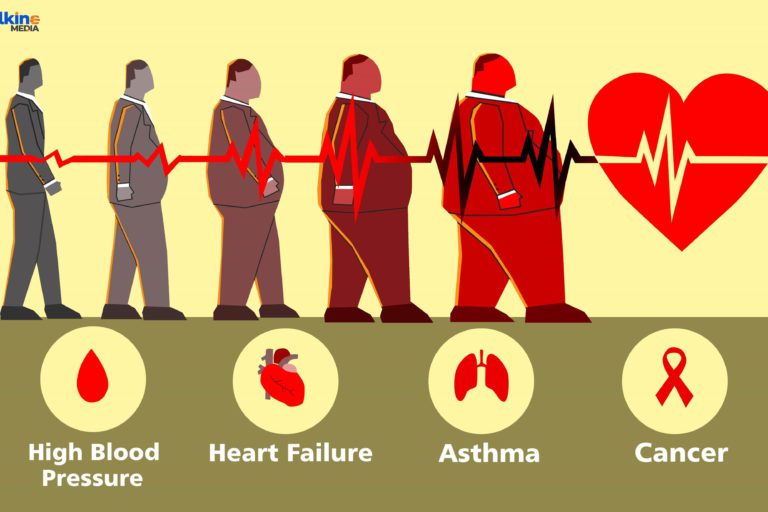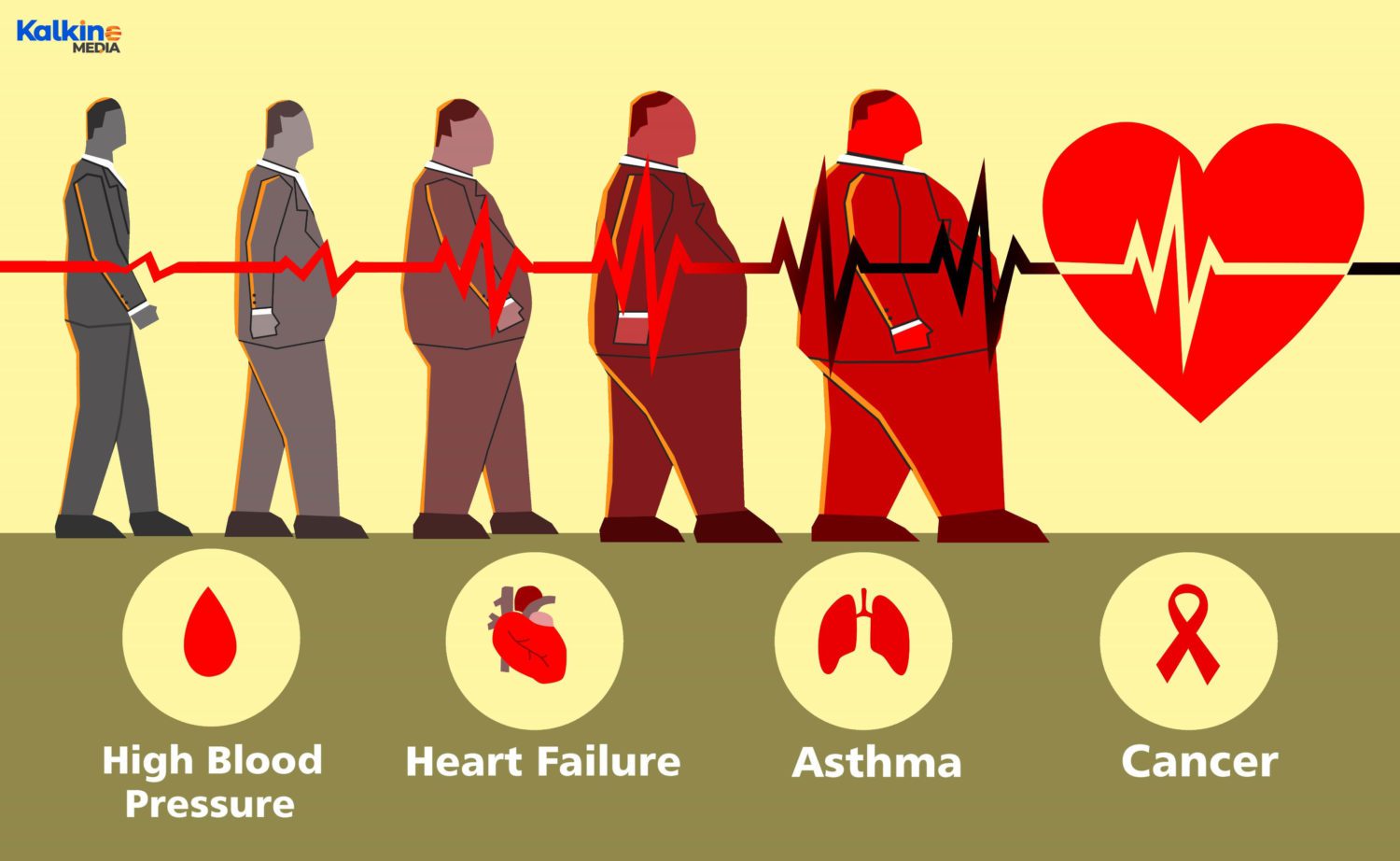PHYSICAL HEALTH
What can Australia do to reduce the economic cost of obesity?

WORDS: Mr. Kunal Sawhney , CEO , Kalkine Group PHOTOGRAPHY Kalkine Media
Did you know obesity, generally perceived as a social evil, has some economic costs attached to it? As is the case with many other medical conditions, obesity is also considered a burden on a nation’s economy. Moreover, Australia has one of the highest rates of obesity in the world, making the economic cost of the disease substantial for the nation. Thus, it seems essential for the nation to take appropriate measures to ensure that individuals can move to a healthier lifestyle and contribute productively.
With the abundance of information on the internet and growing health concerns, individuals across the globe are becoming more and more health conscious. This approach, if accepted worldwide, can bring far-reaching benefit for the economies. Notably, staying healthy is not just beneficial for a person’s wellbeing but also a gateway to a prosperous economy. It may not be as apparent on an individual level, but the population’s physical and mental fitness are crucial moving parts in the overall functioning of an economy.
A rising global concern
The economic cost of obesity can be increasingly felt across the globe over recent years. According to a renowned journal BMJ Global Health, obesity is expected to make up for 3.6 per cent of Gross Domestic Product on an average by 2060 if current trends continue to persist. The research evaluated the economic impact of obesity in eight countries, including Australia, where total obesity costs per capita stood highest.
According to a 2019 report by the OECD, one in every three adults in Australia is obese. The report suggests that Aussies live on average 2.7 years less due to being overweight. Moreover, overweight individuals are accountable for 8.6 per cent of health expenditure and reduce labour market outputs by about 371 thousand full-time workers per annum. More specifically, the obese proportion of the population drags down the Australian GDP by 3.1 per cent.
Thus, it will not be wrong to say that obesity is associated with rising health costs and depleting quality of life. Not just that, obese individuals find it hard to find a job that can best utilise their skillset. Accompanied by health-related hazards and early mortality, obesity further escalates economic stress.
Remedial measures
While it is crucial to stay fit on an individual level, the government can undertake some broad-scale measures to encourage a healthy lifestyle among Aussies.
One of them can be mandating appropriate warning labels across packaged, sweetened products. Such labelling can be displayed on soda bottles, restaurant menu cards and other high-calorie food items. Accurate nutrition labelling about the product’s ingredients allows users to be fully aware of all the inherent items they would be ingesting while consuming the product. Warning labels or menu labelling is an effective technique that has been adopted in many other parts of the world to control obesity and save healthcare costs.
Another technique that is prevalent among European nations is the imposition of “fat taxes”, which represent taxes imposed on unhealthy food items. These taxes disincentivise the purchase of calorie intensive food items, compelling the consumers to switch to healthier alternatives. However, the degree to which taxes can internalise these costs can be hard to examine. Moreover, such taxes may not sit well with individuals who will have to pay higher prices for the same goods, even if they are not obese.
In addition, the Australian government can impart adequate knowledge about the disease and promote exercises through programs and events to manage obesity. Informing individuals about the real-life impacts of obesity can be a good way to encourage them to healthy eating. Additionally, the government can organise marathons and workout-focused events to stimulate fitness among individuals. These events can be conducted on a weekly basis and can include exciting rewards for participants to lure individuals.
All in all, having a healthy population is more than just a sign of a physically fit nation. It is an indication of a nation’s overall economic vigour as well as the government’s attentiveness towards the issue. Thus, it is imperative for government to actively adopt remedial measures to tackle obesity, which can benefit the society financially and holistically.
GOOD READ: What are the challenges facing Australia’s economic recovery?











